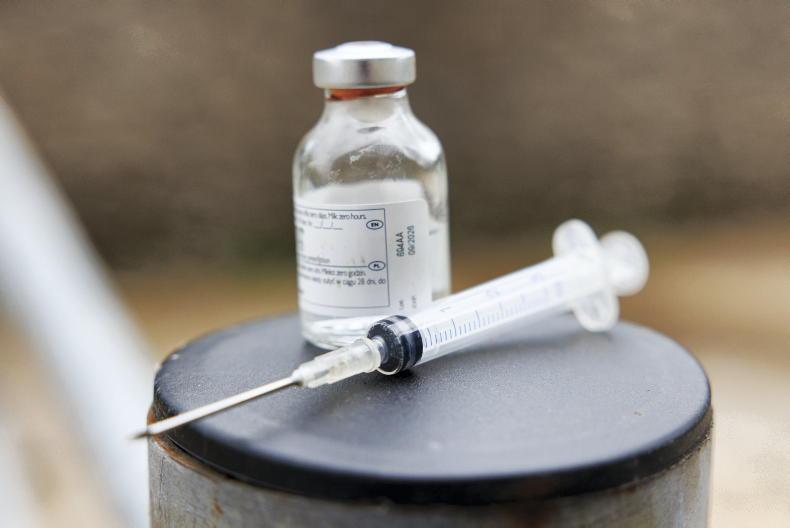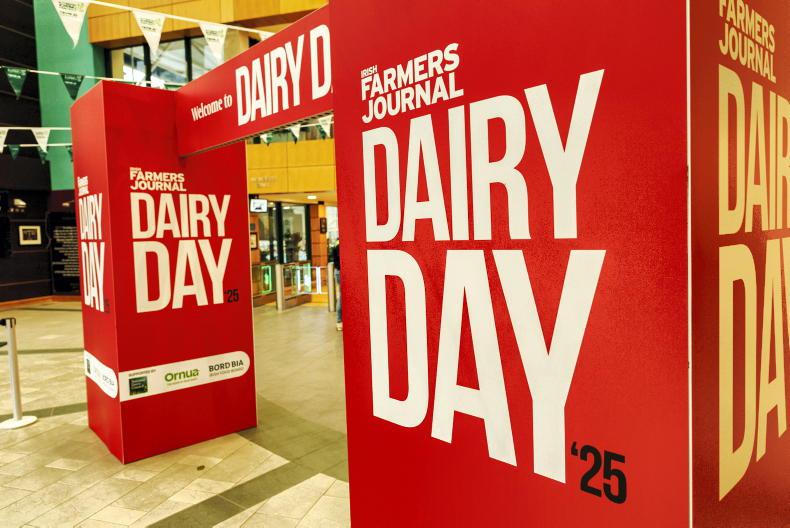If Brexit negotiations don’t go well we could be facing into further currency devaluation, John Horgan, the managing director of Kepak, has said.
Hedging currency is an important tool for anybody in the food industry active in the UK, he told a Getting Ireland Brexit Ready event in Dublin’s convention centre last week.
“We have facilities in Ireland and the UK, we export to Europe and outside of Europe. It’s not surprising that in our business that currency cover and the value of our receipts from our markets is very important to us,’’ he said.
Exports to UK
“Fifty per cent of our exports from Ireland are into the UK and like everybody else we were shocked the morning we work up after the referendum to find that Brexit had already happened to a large extent for exporters of food products into the UK.
“Luckily enough, we had a lot of forward cover but that only cushioned the effect because sterling, as we all appreciate, has remained effectively devalued since then. The morning of the referendum result, we didn’t have primary processing capacity in the UK. In the meantime we have since invested in that, so that gives us supply chain integrity or capability and in the event of a hard Brexit that we have continuity of supply to our customer which will help us to bridge hopefully that supply from Ireland as well. Nine out of every 10 animals we slaughter in Ireland are exported, of which about four or five of those go to the UK. It’s a really important market for us,” he said.
Horgan said that agri-food businesses should be in a position to do their own customs clearance to make sure they have a good customs agent, not just an agent who has a focus on Ireland but who is well connected internationally.
“We do a lot of trading internationally in our sector, not just in Kepak.
‘‘We’re on a journey to get trusted trader status so that when we’re going through ports we’ll be able to process our documents more quickly,” he said.
Read more
UK can’t undercut Ireland on standards – Varadkar
Beef and sheep take the hit in hard Brexit
If Brexit negotiations don’t go well we could be facing into further currency devaluation, John Horgan, the managing director of Kepak, has said.
Hedging currency is an important tool for anybody in the food industry active in the UK, he told a Getting Ireland Brexit Ready event in Dublin’s convention centre last week.
“We have facilities in Ireland and the UK, we export to Europe and outside of Europe. It’s not surprising that in our business that currency cover and the value of our receipts from our markets is very important to us,’’ he said.
Exports to UK
“Fifty per cent of our exports from Ireland are into the UK and like everybody else we were shocked the morning we work up after the referendum to find that Brexit had already happened to a large extent for exporters of food products into the UK.
“Luckily enough, we had a lot of forward cover but that only cushioned the effect because sterling, as we all appreciate, has remained effectively devalued since then. The morning of the referendum result, we didn’t have primary processing capacity in the UK. In the meantime we have since invested in that, so that gives us supply chain integrity or capability and in the event of a hard Brexit that we have continuity of supply to our customer which will help us to bridge hopefully that supply from Ireland as well. Nine out of every 10 animals we slaughter in Ireland are exported, of which about four or five of those go to the UK. It’s a really important market for us,” he said.
Horgan said that agri-food businesses should be in a position to do their own customs clearance to make sure they have a good customs agent, not just an agent who has a focus on Ireland but who is well connected internationally.
“We do a lot of trading internationally in our sector, not just in Kepak.
‘‘We’re on a journey to get trusted trader status so that when we’re going through ports we’ll be able to process our documents more quickly,” he said.
Read more
UK can’t undercut Ireland on standards – Varadkar
Beef and sheep take the hit in hard Brexit









SHARING OPTIONS